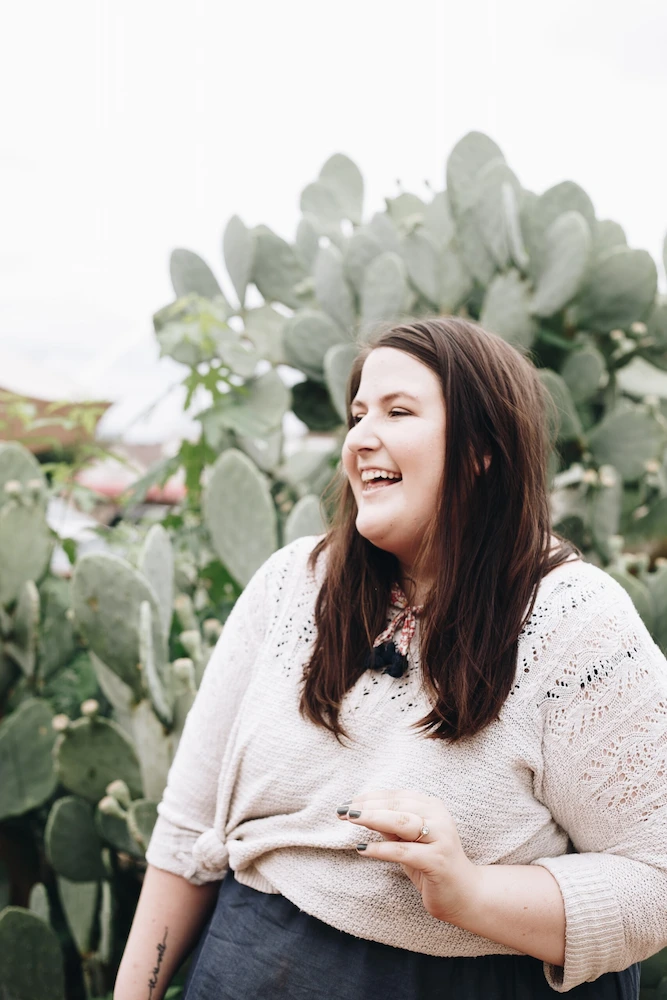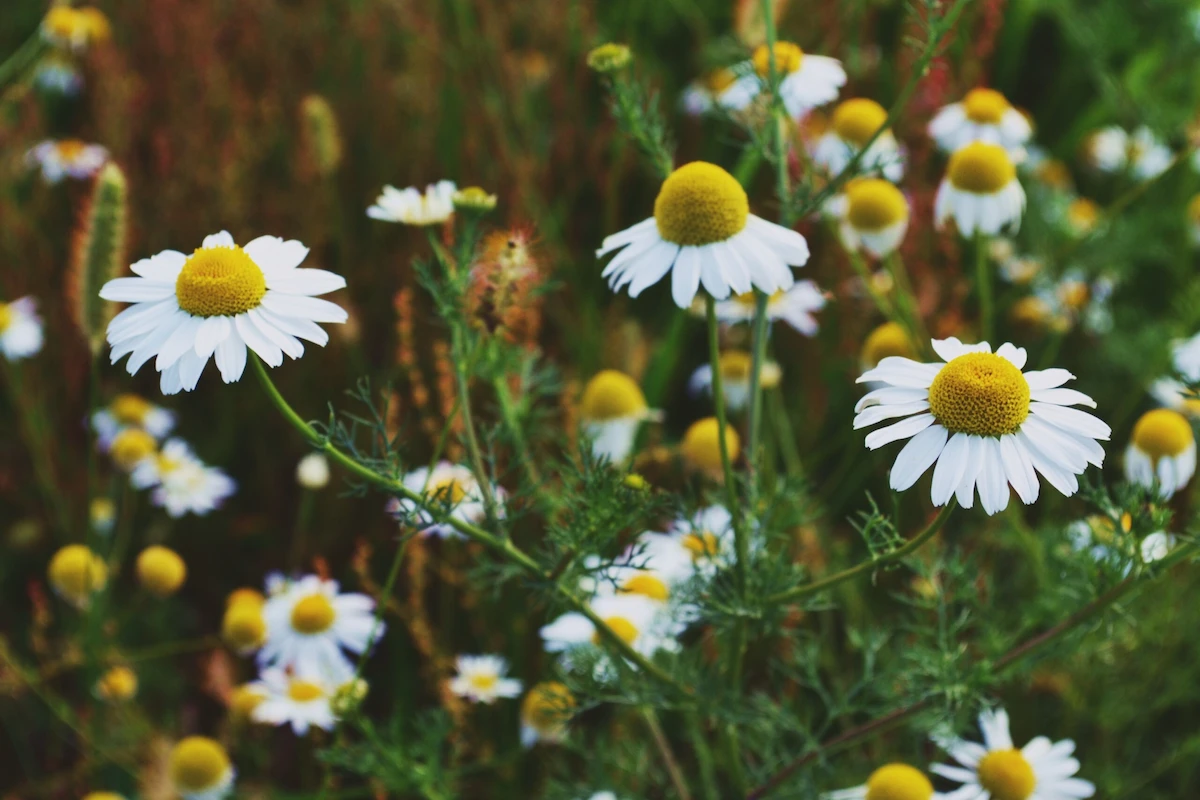Women's PCOS Naturopath
Polycystic ovary syndrome (PCOS) is not one disease, but a collection of symptoms driven by several underlying factors.
Polycystic Ovary Syndrome (PCOS)?
PCOS is a condition seen in females that impacts the endocrine and cardiovascular systems. The cause is thought to be a combination of genetics and environmental factors. PCOS is commonly associated with increased levels of insulin and androgen (male-type) hormones. The increased amounts of these hormones are what cause the signs and symptoms.
PCOS is believed to affect up to 20% of women of reproductive age.
Women with PCOS are 50% more likely to have an immediate female relative – mother, aunt, sister, or daughter – with the condition.
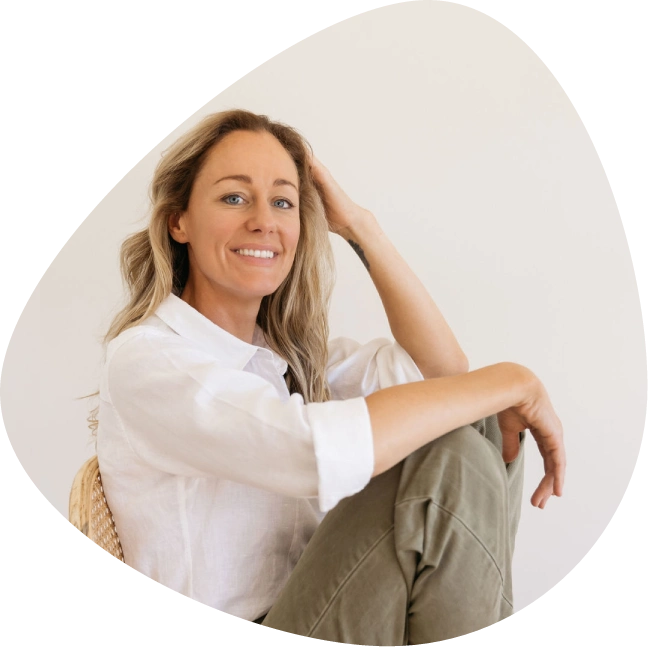
PCOS Treatment
Are you looking for a natural treatment to manage your PCOS? This is where a specialised PCOS Naturopath, like Lindsay, comes into play.
There are four different subtypes of PCOS. To understand what type of PCOS you have, we review your blood work and tests you have in combination with a thorough case history. Knowing your subtype helps us shape a bespoke PCOS treatment plan to bring about positive change and balance your hormones and free you of your symptoms.
THE FOUR DRIVERS OF PCOS
- Insulin resistance (the most common)
- Inflammation
- Adrenal
- Post-pill, which is only temporary
To really help women, we need to get to the root cause and understand what is driving PCOS. As no two women are the same, often neither are the drivers. Knowing what drives your PCOS, helps us shape an effective treatment plan.
HOW IS PCOS DIAGNOSED?
Women often suspect something isn’t right when their periods are irregular, they are noticing acne/hair growth, hair loss, increased anxiety or depression, difficulty shifting weight, or fertility issues. Aside from the obvious PCOS symptoms, the Rotterdam Diagnosis is the most widely accepted test across Europe, Asia, and Australia, and can help identify if you have PCOS.
What is the rotterdam diagnosis test?
The Rotterdam Criteria were developed in 2006 and are used to diagnose PCOS in women.
Having two of the following three criteria is required to be diagnosed with PCOS:
– Oligo/anovulation
– Hyperandrogenism: clinical (hirsutism or less commonly male pattern baldness) or biochemical (raised FAI or free testosterone)
– Polycystic ovaries on ultrasound (21 or more – with PCOS I see up to 30-40+ follicles)i
OTHER CONDITIONS THAT CAN LOOK LIKE PCOS
The below conditions can look similar to PCOS with the same signs and symptoms, however, they aren’t PCOS and they do need to be excluded.
- Congenital adrenal hyperplasia
- Androgen-secreting tumours
- Cushing syndrome
- Thyroid dysfunction
- Hyperprolactinaemia
The Confidence To Heal Your PCOS
What does A Naturopathy PCOS treatment look like?
While it was always assumed women were overweight, struggling with body hair, acne, and irregular menses, as we know, this isn’t always the case. Also, symptoms can change over time.
Knowing this, we work together to create a bespoke PCOS treatment plan. This includes bespoke diet and lifestyle changes. Understanding the impact food can have on hormones, digestion, and the stress response. What foods can improve your overall health, and what foods can aggravate or trigger your symptoms?

It’s about your overall health, we look at all your body systems for lasting change. We take into account how well you are sleeping, how well your digestion is working, and your stress levels and focus.
We utilise the most appropriate herbal medicine and nutritional supplements alongside diet and lifestyle changes, to bring about fast-lasting change.
PCOS Naturopath
My PCOS Treatment Process
Step One: FUNCTIONAL PATHOLOGY TESTING
As a PCOS Naturopath, I ‘test and don’t guess’ is key to health! With a mix of hormones at play, hormones are complex, and we need to know exactly what is going on. I lean on testing to understand exactly what is going on and what is driving what! To create an accurate treatment plan, I request that we test. We can test via blood work, saliva, or urine testing; each has its differences and advantages, and this is something we discuss when we meet.
Step TWO: Creating a custom PCOS plan
Once we have met, run some tests, and taken a thorough case history, I create a plan that addresses the underlying causes. Insulin resistance, poor hormonal clearance, excess testosterone, increased stress, and difficulty losing weight; however, your PCOS is displaying that we need to address each aspect.
Step three: FOLLOW-UP CONSULTATIONS
After your initial PCOS program has been provided, we then catch up frequently to discuss results, changes, questions, and your health goals. We review any additional blood tests and functional pathology tests and update your treatment plan if required.
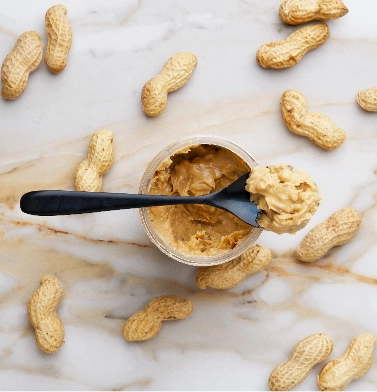
NUTRITION IS KEY!
There is a whole body of research into some helpful and effective nutrients. Alongside indicated supplements, we also look at your diet. Addressing insulin resistance is best done via the diet. We look at whole foods, foods that improve symptoms and overall health, while identifying any ‘trigger’ foods and looking to limit those. We create a food plan that fits into your life, that feels easy and not restrictive.
Polycystic Ovary Syndrome
Polycystic Ovary Syndrome or polycystic ovarian syndrome (PCOS) is believed to affect up to 22% of women of reproductive age. It is thought as many as 70% of women are undiagnosed.
It is not surprising that PCOS is a complex condition, being a syndrome and not a disease, commonly no two clients experience the same signs or symptoms.
The most common features of PCOS
- Irregular or no periods at all (Anovulation or oligo-ovulation, or amenorrhea)
- Increased androgens, acne, hair growth, hair loss (hyperandrogenism)
- Polycystic ovaries, which are assessed via an ultrasound
PCOS IS AN ENDOCRINE AND HORMONAL SYNDROME
Women with PCOS can experience increased androgens, commonly testosterone production. Androgens and important for health and naturally occur within males and females. In PCOS, the amount and potency of androgens are what cause the issues such as hair loss, hair growth, acne, and in some cases, deepening of the voice. The increase in androgens is a result of insulin as well as elevated production of luteinizing hormone (LH). In PCOS, we see an imbalance. between LH and FSH (Follicle Stimulating Hormone). An increase in LH to FSH is what causes anovulation (no periods) and cysts to be formed on the ovaries.
We also see that with the increased androgens, these can convert to oestrogens in the body. Many women with PCOS will have increased testosterone and increased oestrogen. High oestrogen can cause acne, PMS, swollen, sore breasts, mood swings, and irregular periods.
High oestrogen can cause acne, PMS, swollen, sore breasts, mood swings, and irregular periods.
HOW INSULIN RESISTANCE AND HORMONES
Let’s start with some background, Insulin is a hormone produced by the pancreas, it is released into the blood after you consume food. Insulin’s job is to move the glucose (sugar) from your food into the muscles and cells to be used as energy, with extra energy sent to the liver and converted to fat – some food for later. Insulin resistance occurs when the body produces insulin, but it is not working effectively as it used to, so the body tries to fix this by producing even more insulin. The body becomes ‘resistant’ to the effect of insulin, and it struggles to do its job of moving that glucose. The issue with PCOS is that insulin resistance increases the risk of metabolic syndrome (cardiovascular disease, high cholesterol, and type II diabetes), and weight gain, and stimulates the ovaries to make more testosterone, leading to hormonal irregularities.
Alongside the sex hormones and insulin resistance, there is an increase in our stress hormone, cortisol. Cortisol is produced by our adrenal glands in response to stress. Women with PCOS have a higher level of cortisol than women without PCOS. Excess cortisol will exacerbate most conditions; balancing this is crucial in treatment.
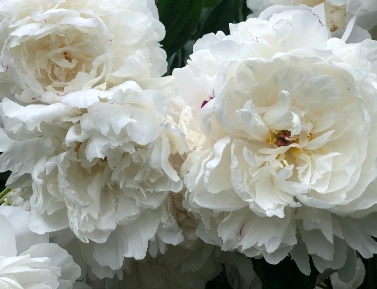
HOW INSULIN RESISTANCE AND HORMONES
With treatment, while we focus on hormonal balancing, we also need to pay attention to hormonal metabolism, detoxification, and excretion. We support the removal of excess oestrogen by the liver to the bowels and to stop the body from ‘upregulating’ androgens and making them into a more potent version.
THE POWER OF HERBAL MEDICINE
Herbs can address every driver and symptom. Yes, they may taste gross, but what they lack in taste, they make up for in their action. With a broad range of actions, they can assist in balancing hormones, mood support, and PMS reduction, to name a few.
IT IS ALL ABOUT YOU AND YOUR OVERALL HEALTH!
As a PCOS Naturopath, it is also about your entire health, what your stress levels are like, how your digestion is, how you are excreting your hormones, and how you are sleeping and resetting after your day. While we will improve your PCOS, we will also improve your overall health.
FAQs about PCOS & Naturopath
- What is PCOS Naturopath?
- Can a naturopath help with PCOS?
- Can PCOS be reversed naturally?
- What helps PCOS go away faster?
- Which deficiency causes PCOS?
- What vitamin is good for PCOS?
Naturopaths work to improve your overall health. From supporting sleep, mood, energy, and digestion to hormones. Naturopaths do this via diet and lifestyle modifications and at times herbal and nutritional medicine. A PCOS Naturopath like Lindsay is someone who works predominantly with women with PCOS. Lindsay completes a further study and keeps up to date on PCOS research. This ensures Lindsay can give her clients the best PCOS support and care.
Yes! Lindsay, a PCOS Naturopath helps you understand your PCOS subtype; through simple blood tests and understanding your symptoms, Lindsay will ascertain what’s driving your PCOS. From this, a bespoke treatment plan is created that outlines simply what dietary modifications, foods in, foods out, nutrients and herbal medicine you need to help reduce acne, regulate your cycles, improve ovulation, reduce hair growth and support a healthy weight. Over time as your body comes back to balance, your cycles regulate, we wean supplements and maintain the benefits through diet and lifestyle modifications.
It depends. Some forms of PCOS, such as Post-Pill PCOS, are temporary and we see 1-2 years after cessation, the high androgens, insul1n resistance and ovarian cysts return to normal as the body finally regulates after the pill. We also know women diagnosed >21, at 25 no longer have signs or symptoms of PCOS. It appears some symptoms are a normal part of the maturation of women’s cycles. Insul1n resistance is the most common form of PCOS and we know diet and nutrients can help regulate this, therefore reducing or reversing symptoms. Inflammatory PCOS and D-HEA elevated PCOS – also see an improvement in symptoms once we address the root cause. PCOS Naturopath Lindsay will talk to you about your subtype and what type of improvement you can expect.
As a PCOS Naturopath, I get this question all the time! There is no one simple answer. To manage your PCOS rather than focusing on supplements understand your PCOS and why you have PCOS. DIet and lifestyle changes will outrun a POCS supplement any day. My advice to anyone with PCOS, manage your blood sugar levels via diet and incorporate an anti-inflammatory diet – this will improve anyone with PCOS signs and symptoms.
No deficiency causes PCOS. PCOS is not one disease, it’s a syndrome that encompasses a set of symptoms androgen excess and anovulatory cycles caused or driven by several different underlying factors. There is a genetic component and also an environmental one. While certain supplements can assist PCOS symptoms, PCOS isn’t a result of a deficiency. PCOS Naturopath Lindsay will go through the most appropriate supplements indicated.
When it comes to PCOS it is so easy to get caught up in the market of supplements, but it’s great to remember the biggest positive impact on your symptoms will be from diet and lifestyle changes. However, there is some great research on supplements that can be helpful, inositol hands down is my favourite to support insul1n resistance. Anti-androgen support like nettle, saw palmetto, peony and licorice are amazing. For stress support B vitamins and magnesium with lemon balm. However, each case is unique so rather than an ‘off-the-shelf supplement’ working with a PCOS Naturopath will ensure you take exactly what you need.
It depends. Some forms of PCOS, such as Post-Pill PCOS, are temporary and we see 1-2 years after cessation, the high androgens, insul1n resistance and ovarian cysts return to normal as the body finally regulates after the pill. We also know women diagnosed >21, at 25 no longer have signs or symptoms of PCOS. It appears some symptoms are a normal part of the maturation of women’s cycles. Insul1n resistance is the most common form of PCOS and we know diet and nutrients can help regulate this, therefore reducing or reversing symptoms. Inflammatory PCOS and D-HEA elevated PCOS – also see an improvement in symptoms once we address the root cause. PCOS Naturopath Lindsay will talk to you about your subtype and what type of improvement you can expect.
When it comes to PCOS it is so easy to get caught up in the market of supplements, but it’s great to remember the biggest positive impact on your symptoms will be from diet and lifestyle changes. However, there is some great research on supplements that can be helpful, inositol hands down is my favourite to support insul1n resistance. Anti-androgen support like nettle, saw palmetto, peony and licorice are amazing. For stress support B vitamins and magnesium with lemon balm. However, each case is unique so rather than an ‘off-the-shelf supplement’ working with a PCOS Naturopath will ensure you take exactly what you need.
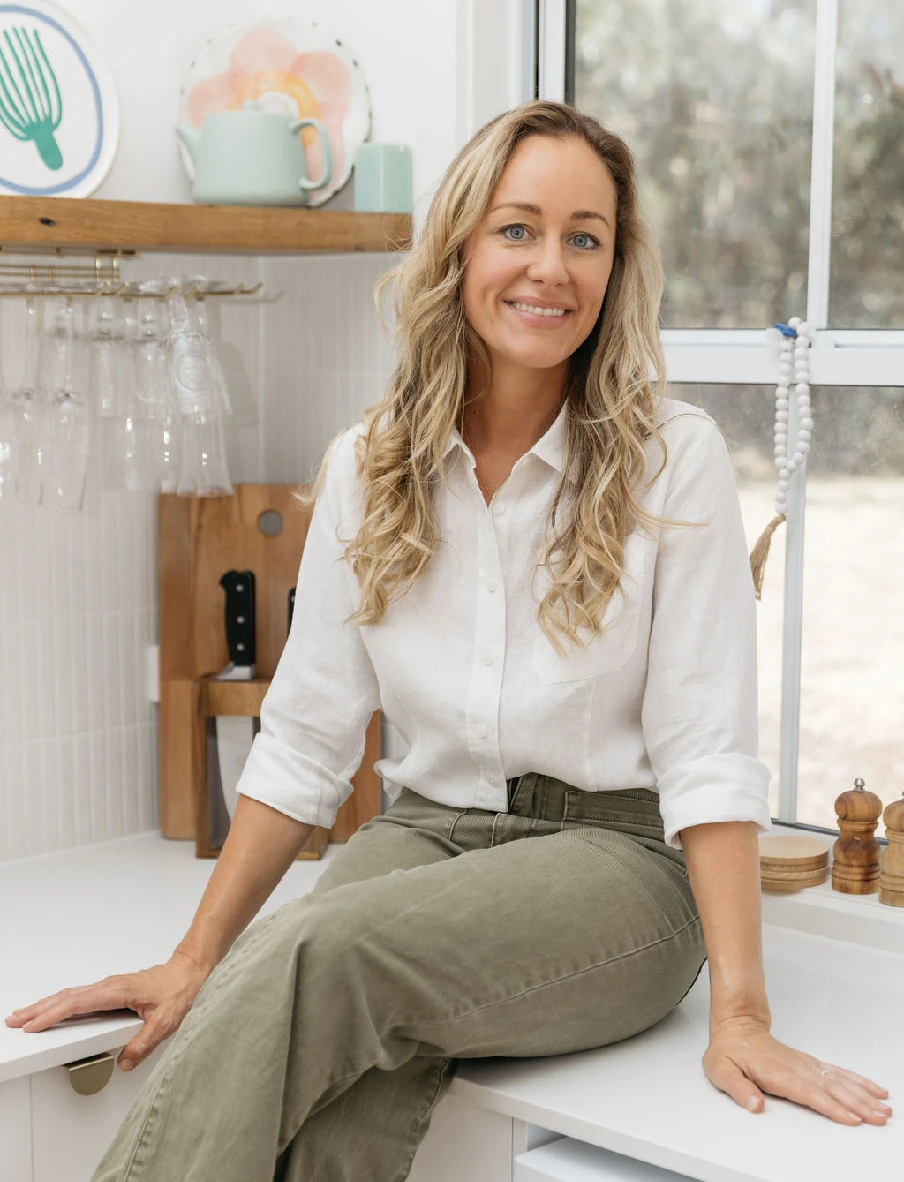
Happy Hormones,
& Clear Skin
I am here to help you clear your acne. To help you feel confident in your skin. Let’s dig deeper and work together to bring about lasting change.
